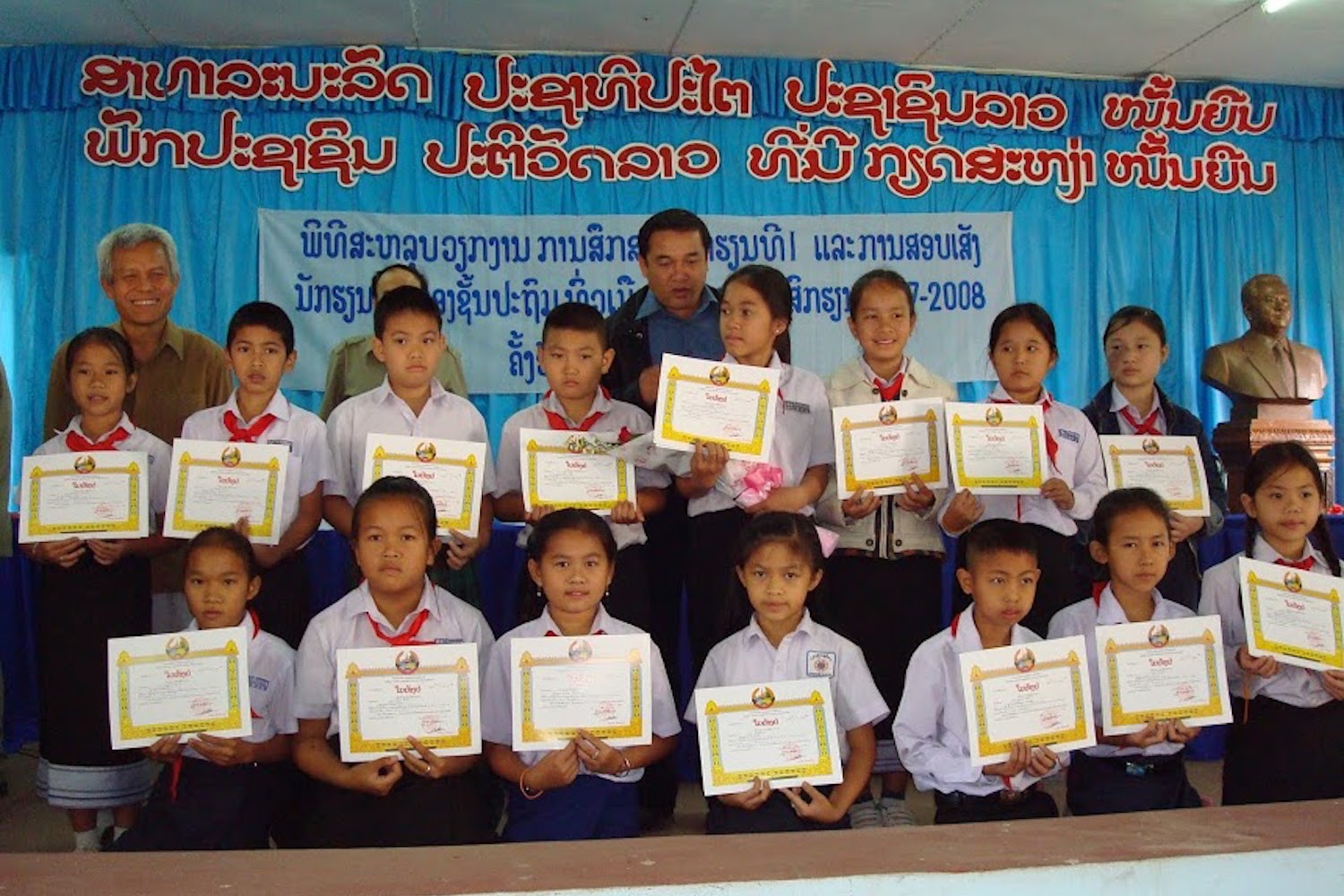Bangkok Post: 04 July 2013
Seree Nonthasoot, Thailand’s representative on the Asean Inter-Governmental Commission on Human Rights (AICHR), shares his views on the revision to the terms of reference (ToR) for the agency’s five-year blueprint, and the challenges ahead.

What is the challenge in revising the ToR?
The challenge of the process, which is to begin next year, is how far we can expand the scope of the AICHR’s mandate.
While the revision process is under the Asean foreign ministers’ meeting, we are to provide the ministers with our own input. Indonesia has pledged to host meetings to review the AICHR’s ToR and Singapore and Thailand will join the effort.
Thailand is planning to organise a workshop before the end of 2014 to develop a set of best practices for a regional human rights body and to study how other regions around the world function in this regard.
There are some changes too in our training workshops which formerly targeted only court judges. From now on, we will include public prosecutors, attorneys and police officers. This is to establish common ground on human rights-based investigations and judicial process in Asean.
There are always human rights abuses here and throughout the region. Do you receive any appeals or petitions?
Yes, I myself have received petitions on three issues _ the plight of the Rohingya, missing Lao activist Sombath Somphone, and lese majeste defendant Somyot Prueksakasemsuk.
The AICHR recently discussed how to deal with the Sombath and Rohingya issues in Brunei. While some people still apply rigidly the interpretation that the AICHR must not interfere while protecting someone, given the non-intervention and consensus principles, I and some other AICHR members believe there are things we can do.
The existing ToR state the AICHR can obtain information from member states on the promotion and the protection of their human rights.
If we could make it clearer in the revised version that concerns shall be explained by respective governments, not the AICHR members, then they will not feel as if they are defendants in problematic cases.
Is it the mentality or the rules and regulations that are hindering human rights work?
Addressing human rights from a legal basis is one aspect, but I think our regional human rights problems require factual investigations.
One thing is there are AICHR members who think they are the governments’ representatives, but Thailand and some others think we are the country’s representatives. In fact, the ToR already state that the AICHR is independent and impartial and members can discuss and adopt things without having to seek government authorisation.
I just hope that we can upgrade the protection aspects.
How will the views of local and regional civil society groups be considered in revising the ToR?
Like I said, the ToR revision is under the mandate of the foreign ministers, but we will organise forums to collect ideas and proposals in Bangkok as well as in other regions.
As for civil society engagement in general, the Thailand-drafted guidelines have been amended so many times that the original ideas of [the first Thai AICHR representative] Sriprapha Petcharamesree have been diluted.
So far, the AICHR does not have a communication mechanism with any organisation except the Human Rights Working Group, which pushed for the creation of the AICHR.
The engagement modality and preliminary ToR revision scope should be clearly seen within next year under the Myanmar chairmanship. So 2014 will be truly challenging since Myanmar needs to have legitimacy for its role while it struggles with a lot of its own human rights problems.
The public has a sense that the AICHR is just an extension of the government.
It’s the mindset of some AICHR members to protect the government rather than the human rights of the people in the region.
Overall, new and old members comprise half-and-half of the commission. Thailand’s civil society also has high expectations that the regional human rights body could delve deeper and wider than it currently does.
For civil society engagement, some also suggest that the AICHR might adopt the basic guideline that the Committee of Permanent Representatives (Asean ambassadors in Jakarta) has issued and modify it later to fit the work of the AICHR.
We are considering whether the AICHR could work on a more legally-binding convention, not just a declaration.
To work more specifically and more efficiently, we may have to create a sub-committee or body to deal with specific issues.
This will be a point to tackle during the AICHR’s ToR revision as well.
